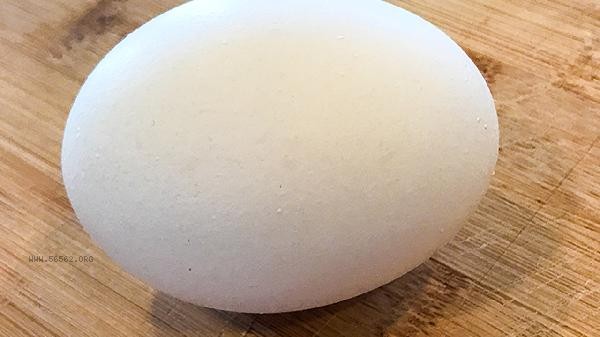Eggs that have cracked can generally be boiled, but it depends on the degree of cracking and storage time. Eggs with slight cracks and cooked for a short period of time are usually safe, while eggs with larger cracks or stored for a longer period of time may pose a risk of bacterial contamination. After cracks appear on the egg shell, if the cracks are small and the egg is immediately boiled after being taken out of the refrigerator, high temperature can effectively kill pathogenic bacteria such as Salmonella that may invade through the cracks. At this point, there is no obvious leakage of egg liquid, and the protein will quickly solidify and seal the cracks during the heating process, reducing the probability of contamination. It is recommended to use cold water when cooking to avoid excessive temperature differences that may cause cracks to expand. After boiling, continue heating for enough time to ensure that the center temperature meets the standard. If the cracks in the egg are wide or it has been stored at room temperature for a long time, bacteria outside the eggshell may enter the interior through the cracks and reproduce. Especially in the high temperature environment of summer, the reproduction rate of Salmonella in egg mixture accelerates, and even if fully boiled, there may be a risk of residual toxins. This type of egg may exhibit spoilage characteristics such as cloudy egg white, scattered yellow or peculiar odor, and should be discarded for disposal. For high-risk groups such as pregnant women and infants, it is recommended to avoid consuming any cracked eggs to ensure safety.

When storing eggs in daily life, the blunt end should be placed facing up in the refrigerator compartment to avoid collision. Before cooking, check the integrity of the eggshell. For slightly cracked eggs, it is recommended to make a fully cooked custard or fried egg to ensure thorough heating. If abnormal viscosity or odor is found in the egg mixture, it should be stopped immediately. Elderly people and those with low immunity need to be more cautious. Reasonable storage and sufficient heating are key to preventing foodborne diseases.











Comments (0)
Leave a Comment
No comments yet
Be the first to share your thoughts!